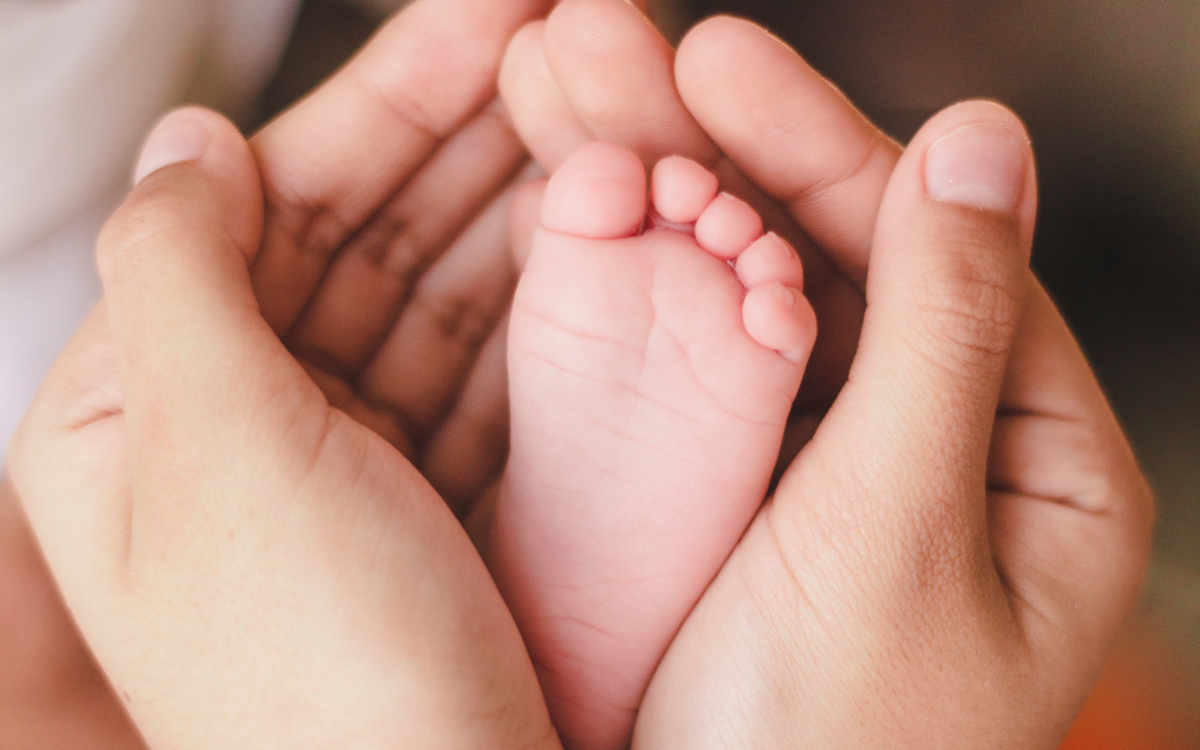Number of Southland women seeking fertility help doubles
Sue Fea © the Southland App
18 February 2025, 8:49 PM
 Photo: File
Photo: FileThere’s been a massive increase in Southland women seeking help, information or support for fertility issues in the past year with the estimated number increasing by almost 120% from 521 at the end of 2023 to 1140 at the end of last year.
Fertility NZ CEO Lydia Hemingway says they’ve had to change how they do things with more focus on online support as a younger generation is coming through in their 20s and 30s.
“We’re now getting women in their late 20s seeking help. They have a different communication style, and their preference is online.”
“Usually we see late 20s, early 30s, even through to mid-40s now reaching out for support on their fertility journey,” Hemingway says.
Some are waiting until they own a house to start families, or until their career is further ahead, concerned that they’re going to run into difficulty with age, she says.
“It’s certainly tough, particularly with all the struggles people are going through with housing and jobs. It’s harder to start families.”
One in four people in NZ are affected by infertility and in 50% of cases it’s the male not the female who is infertile while some infertility is merely unexplained, she says.
Maintaining a healthy diet and lifestyle and keeping a healthy BMI can give both men and women a head start,” Hemingway says.
“Keeping fit, avoiding alcohol and coffee, certainly no smoking and recreational drugs, and avoiding stress is important.
Fertility treatment is generally publicly funded from 35 to 40 depending on individual circumstances, younger if women present with other issues, however, that can cut off much earlier if a woman’s BMI is too high, she says.
“Unfortunately, that’s very hard for some cultures like Pacific people and Māori who naturally have a higher BMI and we support those women through,” she says.
They’re also seeing more older women up to their mid-40s having babies.
While medical infertility is the main issue, ‘social infertility’ is also on the rise where there’s no medical reason.
This includes single women who haven’t found a suitable partner, or the likes of same sex couples who don’t have the natural attributes to produce a child and can’t find sperm donors or surrogates, Hemingway says.
Egg freezing - ‘fertility preservation’, is also on the rise. “More and more we’re seeing women in their late 20s or early 30s asking about this, even people in relationships who aren’t ready to have a child yet,” she says.
This can be hard on the body, due to hormone treatment, and the wallet, starting at just over $13,000, all privately funded.
“Most people we help are wanting a baby now and we’re supporting them month after month. More and more people are seeking help.”
While Queenstown, where they’ve seen a similar almost 120% increase from 142 to 311 women seeking help with fertility issues, has an in-person Fertility NZ branch support group, Southland’s is currently all online.
Fertility NZ doesn’t receive any direct government funding, relying solely on the generosity of individuals, businesses and grant funding. Hemingway says it’s getting increasingly difficult with the big increase in women seeking support.
“One in four women is a staggering figure. We have an army of incredible volunteers, but fundraising is really challenging out there now.”
Southland mum Katie Sellwood is part of that army, and a fertility success story, now Mum to two beautiful daughters, four and two, after a six-year journey. She says women should always have hope.
“There weren’t a lot of women in my age group (mid to late 20s) trying at that time so the in-person support groups we had then were great. I knew I wasn’t alone, although that’s now moved online,” she says.
“It’s all about acknowledging people’s feelings, letting them know those emotions are valid and real, listening and providing information if it’s needed,” she says. “It can be quite isolating and all consuming. That was the hardest part.”
Hemingway says it can also be hard for women who need to travel to the likes of Christchurch for their fertility treatment, repeatedly asking for time off work and having to explain why, so it’s important they have an understanding boss. Most are, she says.
“It’s a privilege to be able to walk alongside people through their fertility challenges, whatever that looks like, and I’m so pleased that we can offer these services.”
For information see: www.fertilitynz.org.nz